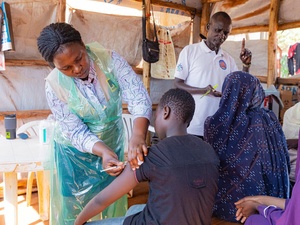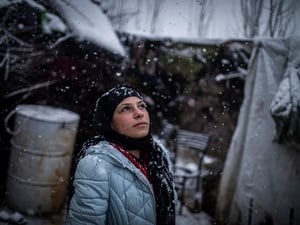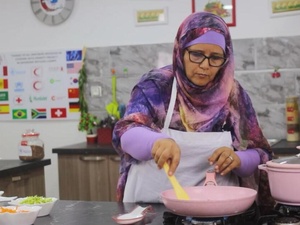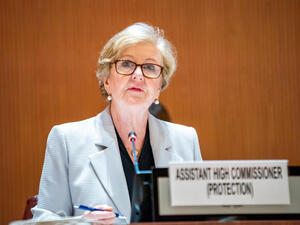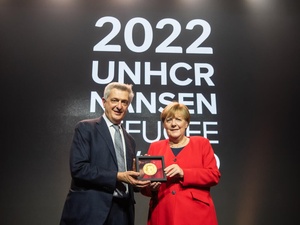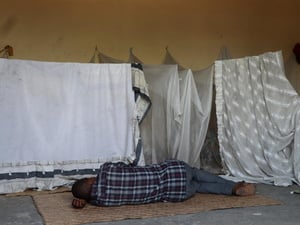UN High Commissioner for Refugees calls on states to lift remaining pandemic-related asylum restrictions
UN High Commissioner for Refugees calls on states to lift remaining pandemic-related asylum restrictions
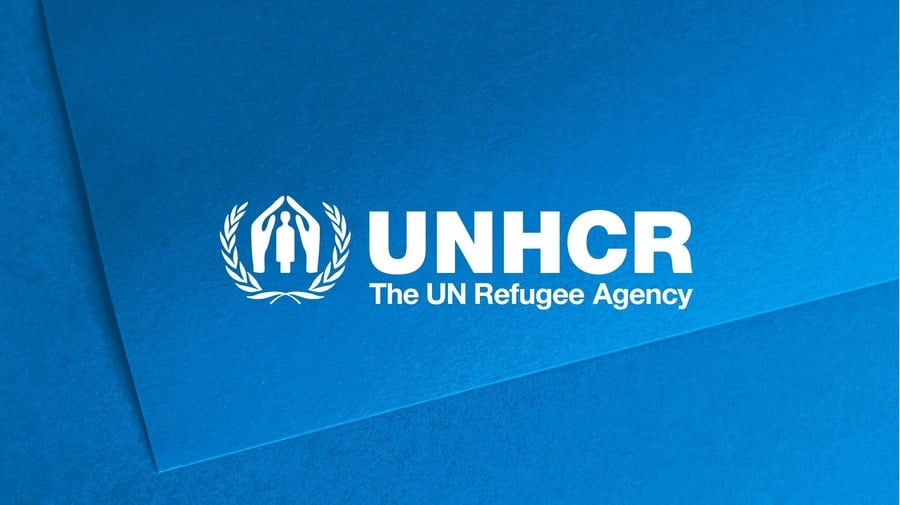
More than two years on from the outbreak of the COVID-19 pandemic, at least 20 countries across the world today still deny access to asylum for people fleeing conflict, violence, and persecution based on public health measures. Some of these countries apply exceptions for the entry of asylum seekers in an inconsistent or arbitrary manner.
The latest figure of denial of access to asylum represents an improvement in how states handle the admission of asylum seekers since the onset of the pandemic. At the height of the emergency, 100 countries initially restricted access to asylum seekers, placing people already at risk in even more danger.
While states have the sovereign right to regulate the entry of non-nationals, the right to seek asylum and the prohibition of returns to situations of danger are central tenets of international law. This also prohibits countries from rejecting asylum seekers at borders.
“I appeal to the states that continue to maintain these restrictions to lift them urgently, in order to enable people to seek safety and protection,” said UN High Commissioner for Refugees, Filippo Grandi.
“With wars and violence raging across the world, and people fleeing from persecution, these measures deny the fundamental human right of people to seek asylum. Women, men and children continue to be turned away at land borders and sea; or are returned or transferred to countries where they may face threats to their life or freedom.”
UNHCR has repeatedly warned that measures that deny asylum seekers entry at borders are not only contrary to international law but are also not necessary to address public health risks.
Throughout the pandemic, UNHCR worked with and urged states to uphold their international legal obligations to asylum seekers and provided guidance and technical advice on how to safeguard the rights of refugees while also protecting public health.
The practice of most states, which admitted asylum seekers during the pandemic, shows that it is possible to manage public health risks, through, for example, testing and quarantine, and other reasonable and proportionate measures.
A recent evaluation on the protection of refugee rights during the pandemic found that some restrictive public health practices adopted at the height of the pandemic have been retained as security measures.
“I am worried that measures enacted on the pretext of responding to COVID-19 are being used as cover to exclude and deny asylum to people fleeing violence and persecution,” said Grandi. “COVID-19 cannot be an excuse to ignore the law and refugee rights.”
The UNHCR mapping of COVID-19 related border restrictions for asylum seekers is available here.
Notes to the editor:
The figures are based on publicly available information as well as monitoring by UNHCR staff and partners at country and local levels, as presented in UNHCR’s online ‘COVID19 Temporary Measures and Impact on Protection’ dashboard. UNHCR has endeavoured to verify the information through internal sources and other appropriate research methodologies. Corrections to the information herein are welcome and will be reflected in the regular updates.
A Joint Evaluation of the Protection of the Rights of Refugees During the COVID-19 Pandemic, commissioned under the auspices of the COVID-19 Global Evaluation Coalition, is intended to be publicly released in the next few days. The evaluation confirms that there is clear evidence that some states have used the pandemic as a purported justification to introduce restrictive measures detrimental to the rights of refugees. In some cases, restrictive practices adopted at the height of the pandemic for public health reasons have been retained or reinforced as security measures.
For more information on this topic, please contact:
- In Geneva, Shabia Mantoo, [email protected], +41 (79) 337 76 50


